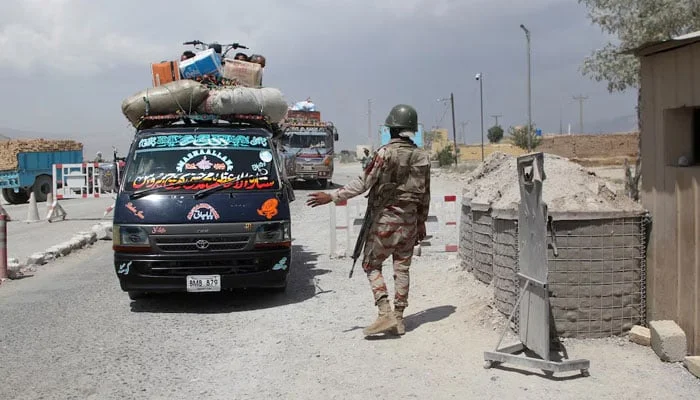Islamabad, March 30, 2025: The Balochistan govt decision to impose a night-time travel ban on major highways reflects the worsening security situation in the province.
With a surge in militant attacks, particularly targeting public transport passengers, authorities are taking preventive measures to safeguard travelers.
This move, while necessary for security, also raises concerns about the impact on trade, connectivity, and the daily lives of commuters.
The restrictions on key highways, such as the Karachi-Quetta (N-25), Makran Coastal (N-10), Quetta-Sukkur (N-65), Quetta-D.I. Khan (N-50), and Quetta-Taftan (N-40) routes, effectively disconnect Balochistan from neighboring provinces during the night.
READ MORE:
Three Balochistan in Universities Closed Due to Security Threats
Given the frequency and brutality of recent attacks including targeted killings of passengers, hijacking of the Jaffar Express train, and armed blockades this step aims to curb further incidents.
However, long-term solutions, such as improved intelligence, enhanced security patrols, and infrastructural measures like secure rest stops or escorted travel ban convoys, may be required to ensure safety without causing excessive disruption.
Would you like an analysis of the economic impact of these restrictions, or details on government counterterrorism measures in the region?









